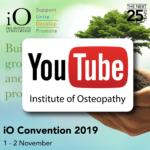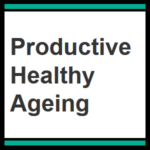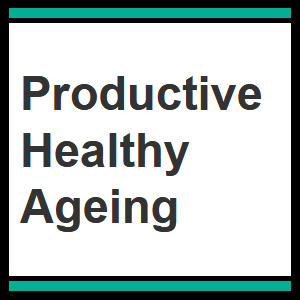 by Sue Brown, CEO ARMA
by Sue Brown, CEO ARMA
Happy New Year to all our readers. The start of the new year is a time to reflect on our successes in 2019 and to look forward to what can be done in 2020.
Some of my highlights from 2019 were the annual lecture on mental health and MSK, our roundtables on pain and on mental health and our webinars. The webinars have been very popular with thousands of people watching them live or in recording.…
Read more of this article


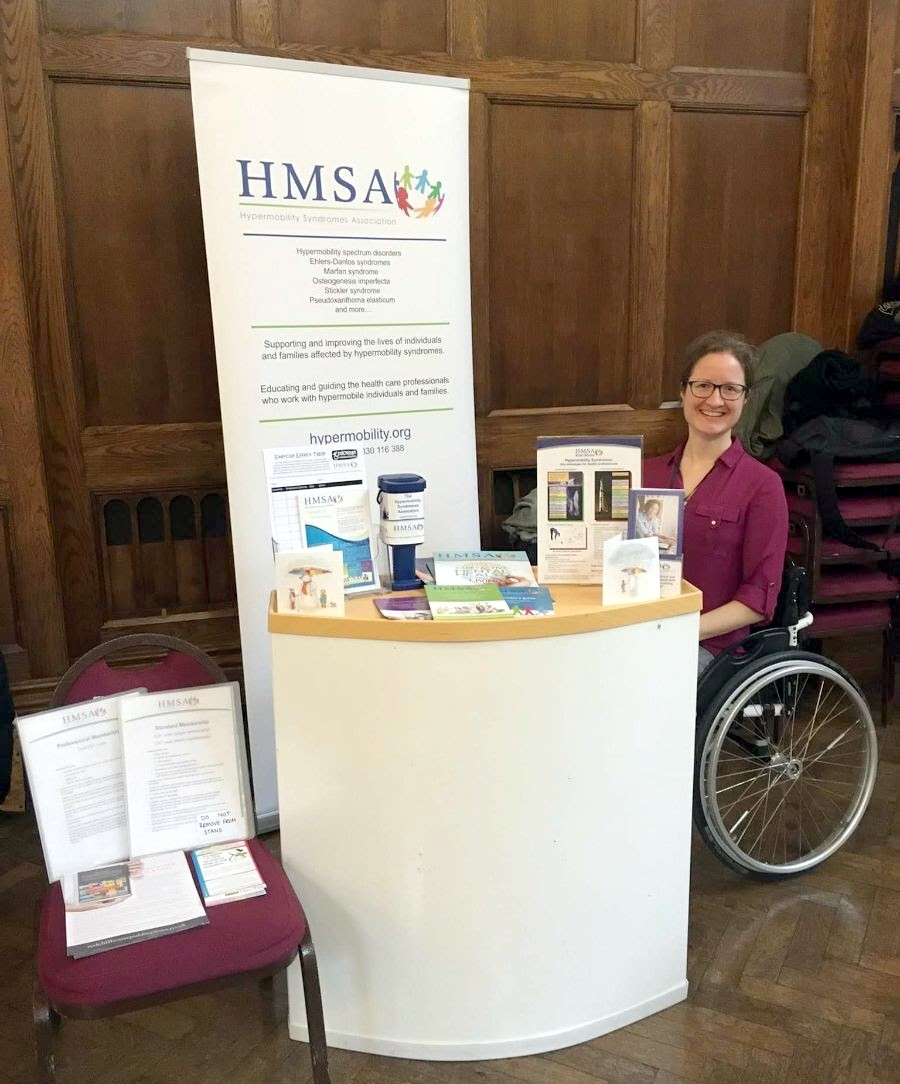

 Guest blog by William Pett – Senior Policy Advisor, NHS Confederation
Guest blog by William Pett – Senior Policy Advisor, NHS Confederation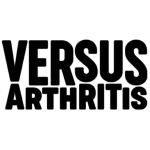
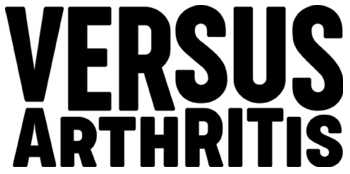 Versus Arthritis would like to thank everyone who supported their aims during the election campaign:
Versus Arthritis would like to thank everyone who supported their aims during the election campaign:



